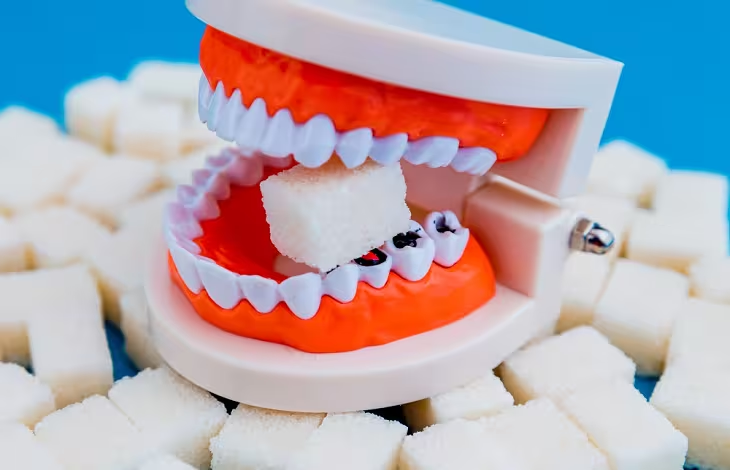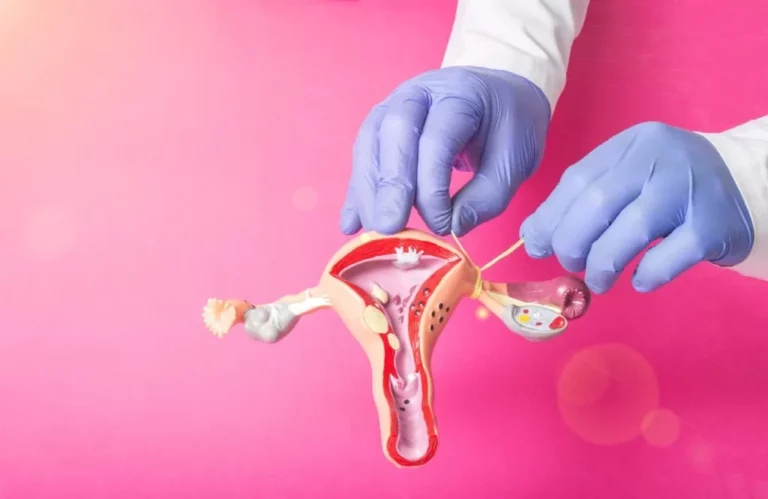
Introduction
When it comes to dental health, most people focus solely on brushing, flossing, and dental checkups. However, your diet plays a crucial role in maintaining healthy teeth and gums. The foods and beverages you consume can either strengthen your smile or silently damage it over time.
In this article, we’ll explore how your diet affects dental health, the best foods to eat, what to avoid, and practical tips for keeping your teeth strong through better nutrition.
Why Diet Is Important for Dental Health
Your mouth is the first point of contact for everything you eat and drink. Foods interact directly with your teeth, gums, and saliva, affecting:
- Tooth enamel strength
- Gum health
- Bacterial activity
- Plaque and tartar buildup
- Overall oral pH balance
A poor diet can accelerate tooth decay, gum disease, and bad breath, while a healthy one strengthens enamel and supports healing.
Nutrients That Support Healthy Teeth and Gums
To maintain strong and healthy teeth, your diet should include:
1. Calcium
Calcium helps build and maintain strong tooth enamel and jawbone.
Sources:
- Milk
- Cheese
- Yogurt
- Leafy greens
- Almonds
2. Phosphorus
Works with calcium to rebuild enamel and keep teeth strong.
Sources:
- Meat
- Eggs
- Fish
- Nuts
- Dairy
3. Vitamin D
Vitamin D is essential for calcium absorption and bone health.
Sources:
- Fatty fish (like salmon, tuna)
- Egg yolks
- Fortified milk and cereals
- Sunlight exposure
4. Vitamin C
Helps maintain healthy gums and soft tissues and prevents gum inflammation.
Sources:
- Oranges
- Kiwi
- Strawberries
- Broccoli
- Bell peppers
5. Water
Water keeps your mouth clean, supports saliva production, and washes away food particles and bacteria.
Fluoridated water also strengthens enamel and reduces cavities.
Foods That Help Your Teeth
Here’s a table of some of the best foods for dental health:
| Food Type | Benefit |
|---|---|
| Cheese | Increases saliva, rich in calcium |
| Leafy Greens | High in calcium, folic acid, fiber |
| Crunchy fruits | Natural toothbrush effect, increase saliva |
| Yogurt | Probiotics fight bad bacteria |
| Carrots & Celery | Clean teeth and massage gums |
| Green tea | Contains polyphenols, reduces plaque |
| Nuts | High in calcium and protein |
| Eggs | Rich in vitamin D and phosphorus |
Foods and Drinks That Harm Your Dental Health
1. Sugary Foods and Drinks
Sugar feeds harmful bacteria in your mouth, leading to acid attacks on your enamel.
Examples:
- Candy
- Cakes and cookies
- Sodas and soft drinks
- Sugary cereals
2. Acidic Foods and Drinks
Acid erodes enamel and creates an environment where bacteria thrive.
Examples:
- Citrus fruits (lemons, oranges)
- Vinegar-based dressings
- Wine
- Carbonated drinks
- Tomatoes (in excess)
3. Sticky or Chewy Snacks
These cling to your teeth and promote decay, especially if not brushed away quickly.
Examples:
- Dried fruits
- Caramel
- Gummy candies
4. Starchy Foods
Foods that break down into sugars and stick to teeth can also feed harmful bacteria.
Examples:
- White bread
- Chips
- Pasta
- Crackers
The Role of Saliva in Dental Health
Your saliva acts as your mouth’s natural defense. It helps:
- Neutralize acids
- Wash away food debris
- Provide minerals to strengthen enamel
Chewing sugar-free gum, staying hydrated, and eating fibrous foods help stimulate saliva production.
Tips for a Tooth-Friendly Diet
- Limit sugary snacks and drinks, especially between meals
- Rinse your mouth with water after acidic or sugary foods
- Use a straw when drinking sodas or juices to reduce contact with teeth
- Include dairy in your meals to balance acids
- Snack on raw vegetables and nuts instead of candy or chips
- Eat whole fruits instead of drinking fruit juices
- Brush 30 minutes after eating acidic foods to avoid damaging enamel
Signs Your Diet May Be Harming Your Teeth
Watch out for these symptoms:
- Tooth sensitivity
- Frequent cavities
- Bleeding gums
- Bad breath
- Eroded or yellowing enamel
These may indicate that your diet needs adjustment or that you should consult a dentist.
Conclusion
Your diet has a direct and powerful impact on your dental health. Choosing the right foods helps protect your teeth and gums, while the wrong ones can lead to decay, gum disease, and even tooth loss.
By incorporating tooth-friendly nutrients, drinking plenty of water, and minimizing sugar and acid exposure, you can keep your smile healthy for life. Remember, brushing and flossing are essential, but true oral health starts with what’s on your plate.
FAQs
1. Can poor nutrition cause gum disease?
Yes. Deficiencies in nutrients like vitamin C and calcium can weaken gum tissue and make it more vulnerable to infection.
2. Are sugar-free drinks better for your teeth?
They’re better than sugary drinks but may still contain acids that erode enamel. Water is always the safest choice.
3. Is fruit bad for your teeth?
Whole fruits are healthy in moderation. However, citrus and dried fruits can harm enamel if consumed excessively.
4. Does drinking milk help your teeth?
Yes. Milk is high in calcium and phosphorus, which support strong enamel and bones.
5. How does diet affect kids’ dental health?
Children’s teeth are still developing, so balanced nutrition is vital to ensure strong enamel and prevent early cavities.





